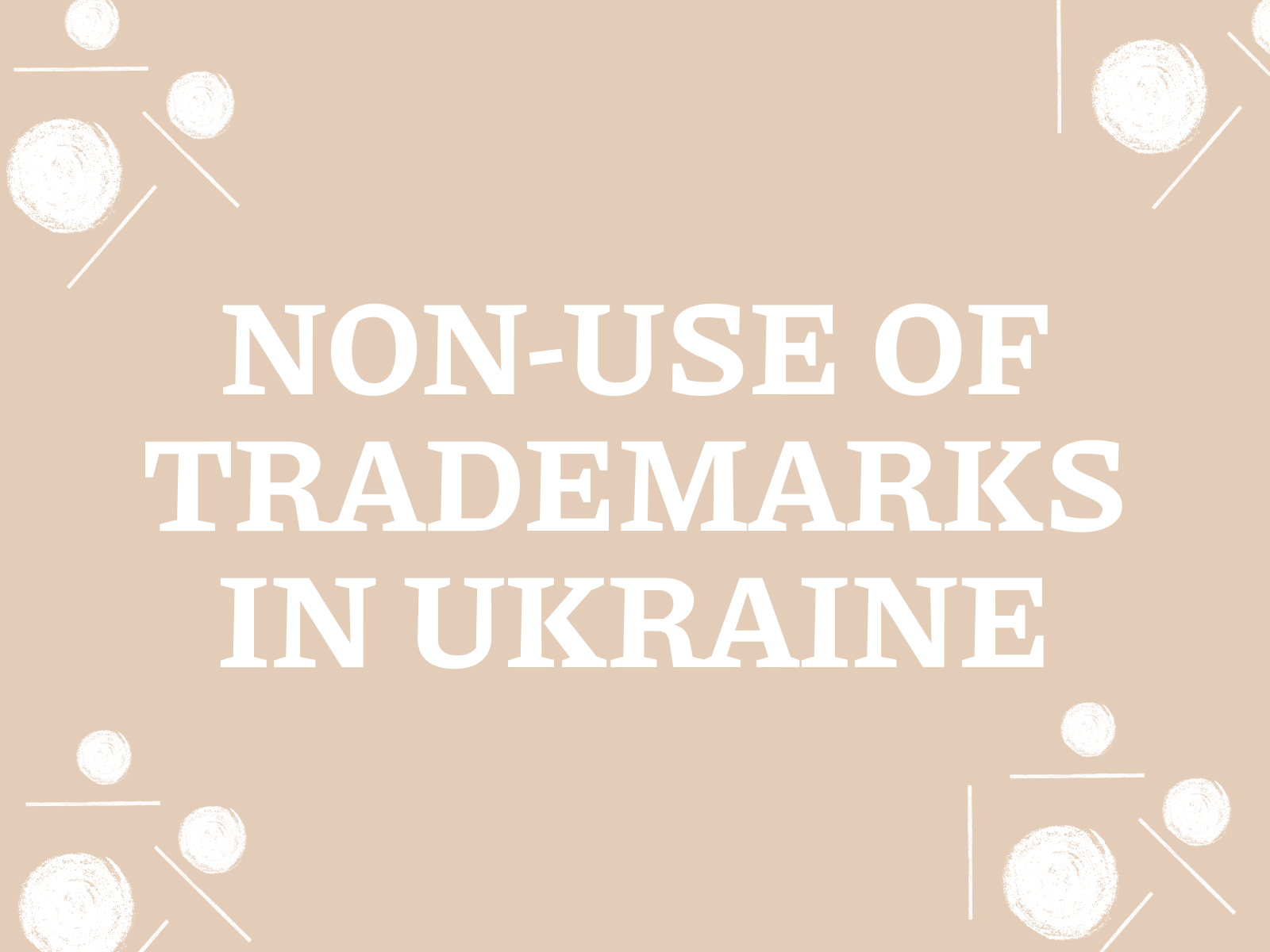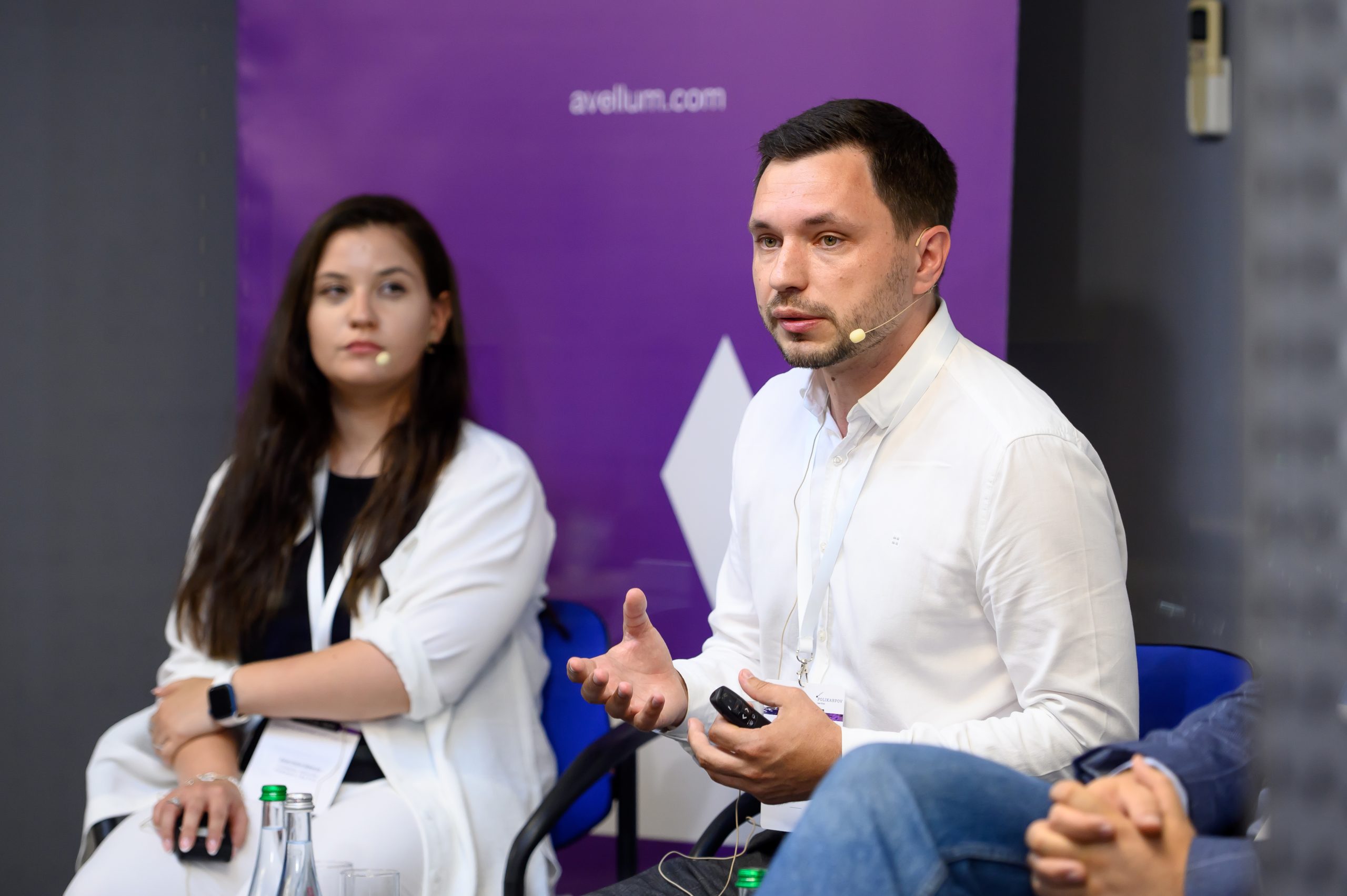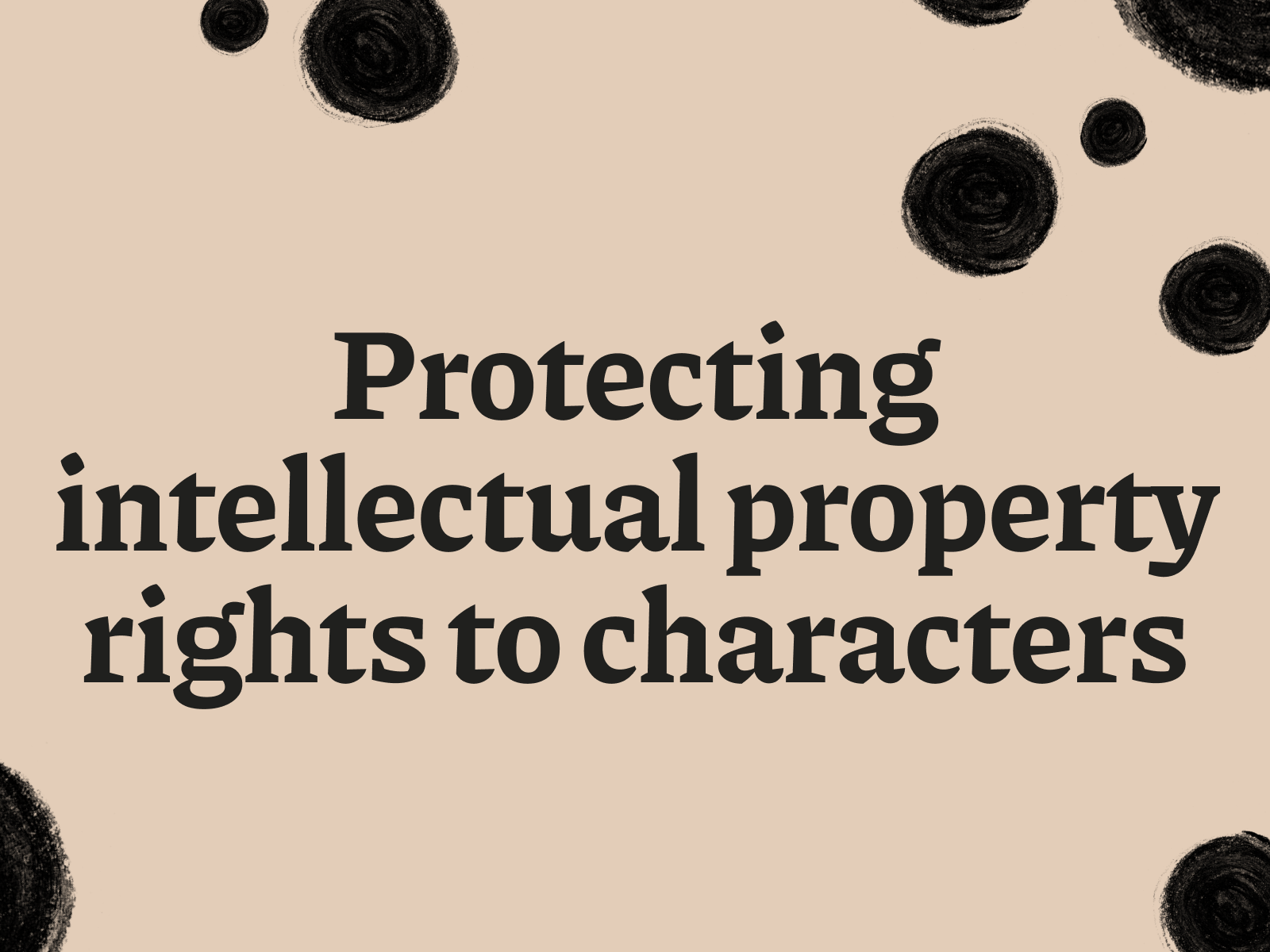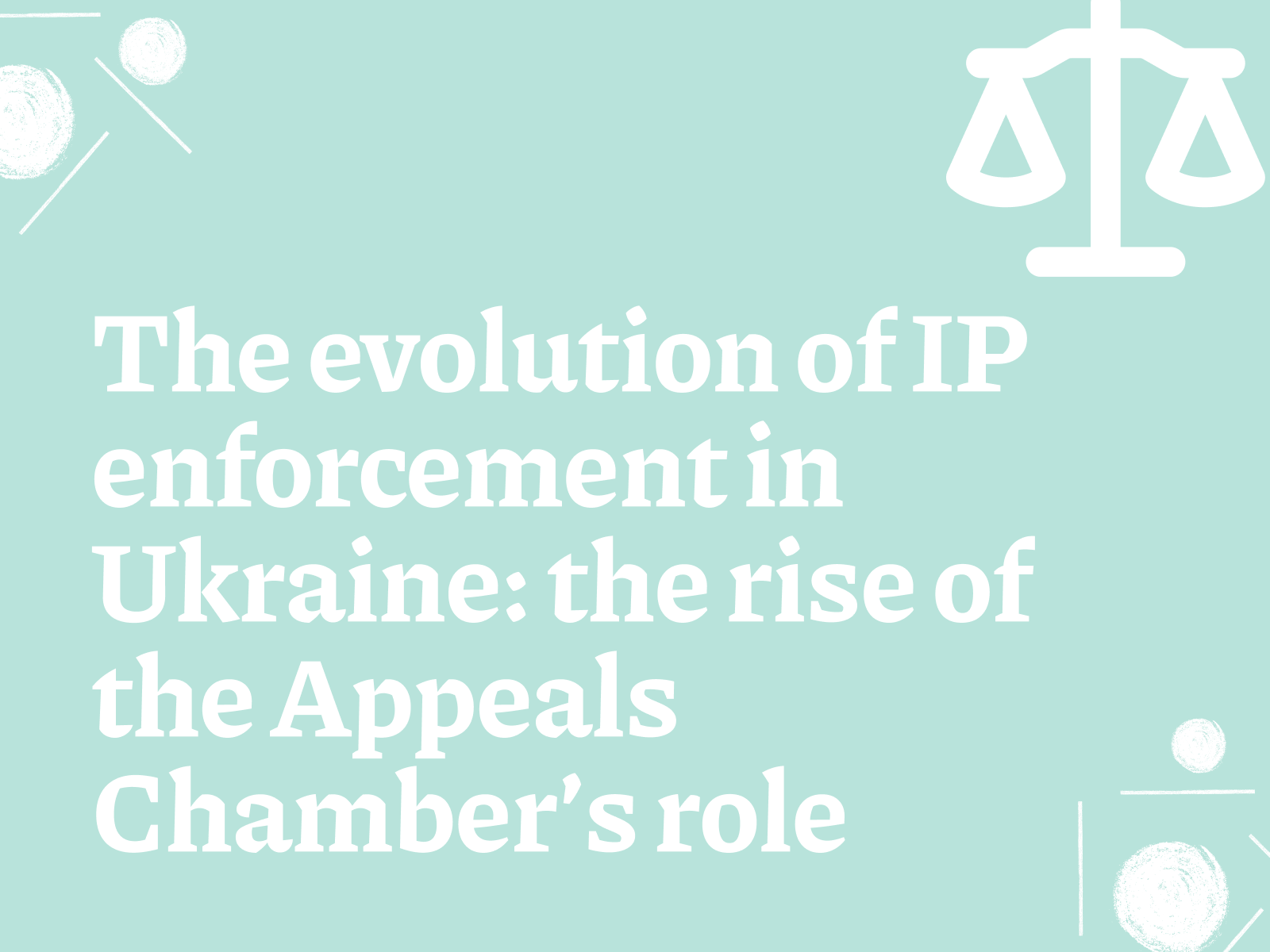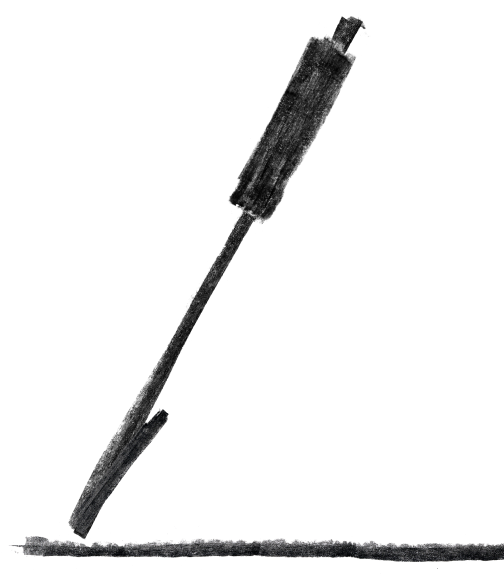As in most countries, Ukrainian law provides for the grounds for termination of a trademark certificate due to non-use. At the same time, the application of this provision has a lot of nuances that our clients often ask about.
In this article, we have decided to briefly describe the procedure itself, as well as to draw attention to its peculiarities that everyone may encounter.
So, the implementation of such a procedure is possible if the TM is not used in Ukraine in full or in respect of part of the goods and services specified in the certificate continuously for five years from the date of publication of information on the issuance of the certificate or if the use of the trademark is suspended from another date after this publication for a continuous period of five years. In such case, any person has the right to apply to the court for termination of the certificate.
At the same time, the defendant may retain its certificate if it proves that the non-use was due to valid reasons.
Let’s start with the person who can file a lawsuit. Can any person really file a lawsuit?
Despite such a clear provision, according to the general principles of civil proceedings, every person has the right to apply to court for protection of their infringed, unrecognised or disputed rights, freedoms or legitimate interests. This approach has also been confirmed by the practice of national courts.
Therefore, among other things, the plaintiff must prove that the termination of the TM certificate on the grounds of non-use is necessary to protect his rights.
In practice, the best solution in this case would be to file an application for TM registration and wait for it to be opposed by a registered TM during the qualification examination process. Such a refusal of the IP Office will be a proper proof of the plaintiff’s legitimate interest.
Another frequently asked question is who bears the burden of proof?
As in the case of the previous question, the answer can be found in the rulings of the Supreme Court and in the fundamental provisions of the procedural law of Ukraine.
The court states that despite the fact that the burden of proof in such cases is borne by the TM owner, one of the fundamental principles of civil and commercial proceedings is the adversarial nature of the parties, according to which each party must prove the circumstances to which it refers as the basis for its claims or defences.
Accordingly, the plaintiff must prove its right to apply to the court and the fact of non-use of the TM by the owner, while the defendant must prove the fact of use or provide valid reasons for non-use.
For the sake of clarity, use is considered to be the depiction of the TM on any product for which the trademark is registered, packaging, a signboard, etc. It can also be used in business documentation, advertising or on web resources. Thus, the evidence may include, in particular, copies of goods with the relevant TM on them, documents with the TM image (catalogues, price lists with offers to provide services or supply goods, etc.)
Valid reasons for non-use may include, for example, circumstances that prevent the use of the TM regardless of the will of the owner of the certificate or international registration, including import restrictions or other requirements for goods and services established by law.
The plaintiff, in turn, usually makes inquiries to retail chains, customs, TM Office regarding the issuance or non-issuance of licences by the owner to obtain evidence of non-use.
What if the plaintiff has discovered that the TM is not in use, but at the time of filing the claim the owner of the TM has resumed its use?
In general, the owner has the right to resume use of the TM even after 5 years of non-use, and then the certificate cannot be terminated. However, there is a clarification.
If such resumption or even preparation for use took place within three months before the filing of the claim, this will not be a valid argument in court and the plaintiff will be able to demand termination of the certificate.
Also, of course, after the owner has learned of the possibility of the plaintiff filing a lawsuit, the resumption of use will not be taken into account by the court either.
Is it possible to demand the termination of several TMs at the same time?
Within the framework of a single lawsuit, you can demand the termination of several TMs. However, they must be related to each other, in particular, be very similar. For example, the NIKE logo and the word NIKE.
At the same time, even if the defendant is the owner of several TMs, but they are completely different, the court will not consider such a claim.
Are there any time limits for filing such a claim?
In Ukraine, the statute of limitations is 3 years from the moment of discovery that the rights have been infringed.
Thus, it all depends on the plaintiff’s evidence as to the moment when he or she learned of the infringement. For example, such a moment may be the receipt of a provisional refusal from the IP Office or the moment of conducting a preliminary research on the existence of registered similar or identical TMs.
At the same time, there is an interesting practice regarding non-residents, as it is considered that they did not know and could not know that the mark is registered in Ukraine, as they are not obliged to familiarise themselves with the Official Bulletin of the TM Office, in which all registered TMs are published.
Also, our clients often ask whether it is possible to partially terminate a TM.
Briefly, yes. Taking into account the conditions that we mentioned at the very beginning of this article, the certificate may be terminated in full or in part.
In general, we mean the termination of a TM within a particular class of goods or services of the Nice Classification.
For example, the TM is registered within Class 44, as a beauty salon, and Class 03, for cosmetic goods. The plaintiff proved that the TM was not used to provide beauty salon services, but the defendant was able to convince the court that it produces certain cosmetic or hygiene products using the disputed TM.
In this case, the court will terminate the certificate only partially – in relation to class 44, and the owner will retain its rights within class 03.
Estimated timeframe for court proceedings.
To begin with, we would like to remind that such cases can be heard in two types of courts – (1) courts of general jurisdiction (if a claim is filed by an individual); and (2) commercial courts (if a claim is filed by a legal entity).
In addition, a case may be heard in three instances, in case of appeals.
Of course, we cannot give exact timelines, as it all depends on the individual judge and his or her workload. At the same time, based on our experience, a case in a general jurisdiction court can take from 6 months to 2 years (first instance).
In contrast, a decision of the commercial court can be expected within 6 months. This is due to the lower workload of such courts.
Regarding the compensation of expenses.
In case of a positive decision in such a case, the court may order the defendant to reimburse the costs of legal aid. At the same time, the amount of such expenses is assessed by the court on a case-by-case basis, in particular, depending on the complexity of the case, the number of court hearings, the number of documents submitted, etc. In general, you can expect a refund of 20-60% of the costs.
To sum up, we would like to draw attention to the fact that the legal system of Ukraine is increasingly approaching the EU, so most of the provisions we have outlined may be familiar to citizens of the Union. In addition, as we can see, there is a sufficient amount of court practice in the context of termination of a trademark certificate due to non-use.
Thus, we can say that the procedure is sufficiently detailed and clear, which allows the parties to the case to prepare for the protection of their interests efficiently.

